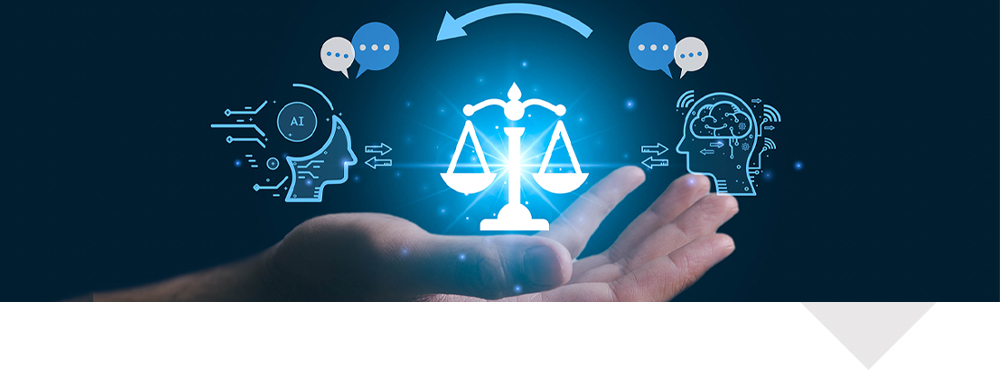June 27, 2024

In a world where technology is redefining the boundaries of many professions, auditing is not left behind. Here we explore the fascinating intersections between ethics, technology and auditing, detailing how auditors can evolve in this changing technological landscape, while remaining grounded in professional ethics.
The digital revolution in auditing
The digital revolution has initiated a radical transformation in the field of auditing, where technologies such as artificial intelligence (AI) and blockchain have begun to play a central role. These tools offer enormous opportunities to improve the efficiency of auditing processes, increase transparency, and strengthen stakeholder confidence. However, they also present notable challenges, notably in terms of data reliability, cost management, risk of bias, and ethical questioning. The resulting risks, challenges, opportunities, and strategies are summarized in Table 1 and explained in more detail in this article.
Table 1 - Overview of risks, challenges, opportunities, and strategies arising from the integration of new technologies by the audit profession
|
Risks and Challenges |
Opportunities |
Strategies |
|
|
|
Source: Annie Lecompte, Ethics and innovation: Challenges and opportunities for the auditing profession in the digital age, Canadian Audit and Accountability Foundation, April 17, 2024. Available (in French) for CAAF members here: https://caaf-fcar.ca/en/performance-audit/professional-development/archived-webinars |
||
The impact of emerging technologies on the auditing profession
Emerging technologies can transform auditing practices in a number of ways. AI, for example, enables faster and more accurate data analysis, which can help detect financial anomalies with unprecedented efficiency. Blockchain, meanwhile, offers a means of securing transaction records and guaranteeing their integrity, which can prove useful in the context of an audit.
About the Author

Annie Lecompte, Ph.D. CPA auditor, CFE, CFF
Associate Professor, Department of Accounting Sciences, ESG‑UQÀM
A specialist in fraud prevention and detection, ethics and governance, Annie is passionate about the ethical issues that affect the accounting field, especially auditors. She teaches business ethics and assurance, and is actively involved in the community through various media interventions aimed at democratizing these concepts. She holds a doctorate from HEC Montréal, and has nearly 20 years' experience in auditing, including in the public sector.
Contact the author at:
Technology benefits
The integration of emerging technologies into auditing opens a range of transformative possibilities. As the financial world becomes increasingly complex and interconnected, the adoption of AI by auditors or even reliance on blockchain not only enhances traditional methodologies, but also redefines the standards of accuracy, efficiency and transparency in audits. By offering innovative solutions to old and new challenges, these technologies play a crucial role in enhancing auditor capabilities and increasing stakeholder confidence in audit results. Let's explore in detail how these technological innovations are bringing significant improvements to the auditing profession, making it possible not only to keep pace with the demands of a changing regulatory environment but also to anticipate future auditing needs in a globalized economic landscape.
The integration of AI and blockchain into auditing practices offers considerable advantages for improving process efficiency and reliability. The increased automation brought about by AI enables repetitive, time-consuming tasks to be taken over, freeing auditors to focus on more complex, value-adding analyses. At the same time, advanced AI algorithms help reduce human error, significantly improving audit accuracy. In addition, the use of blockchain enhances transparency, creating immutable registers that ensure greater traceability and verifiability of financial information. These technologies are therefore transforming traditional auditing methods, increasing both their efficiency and integrity.


